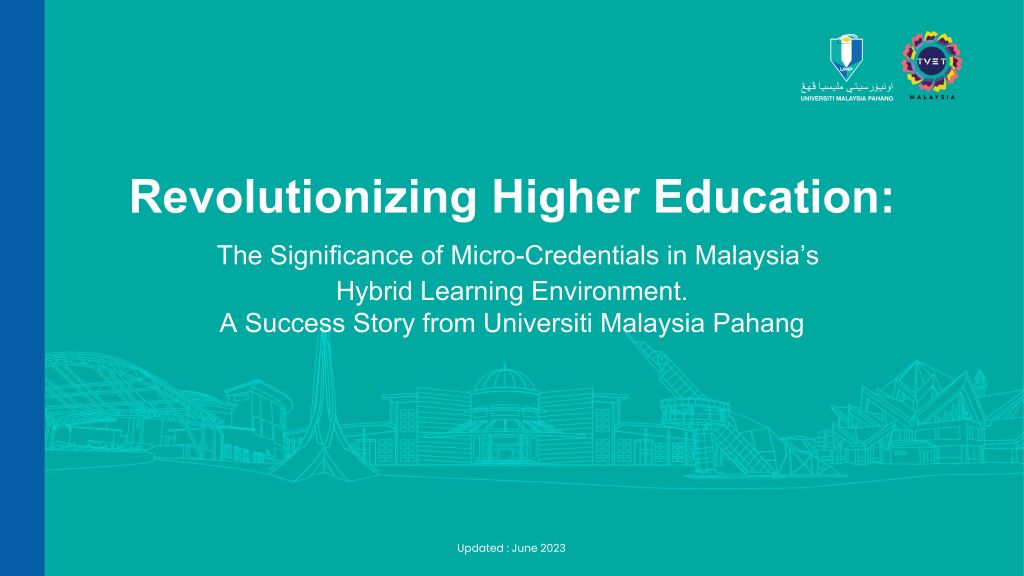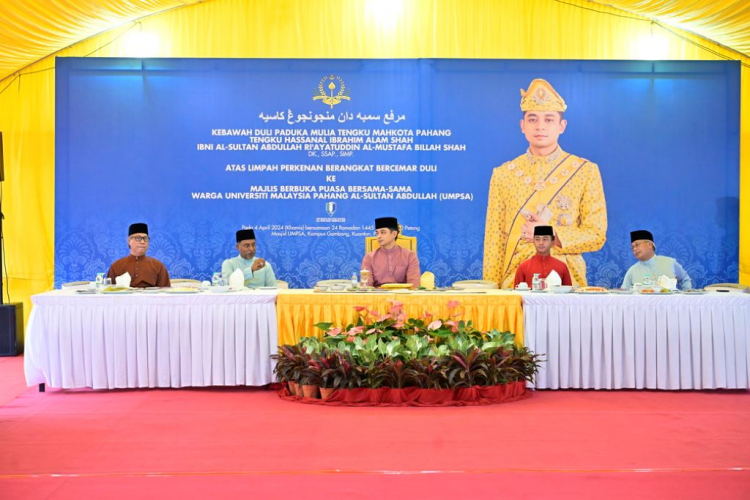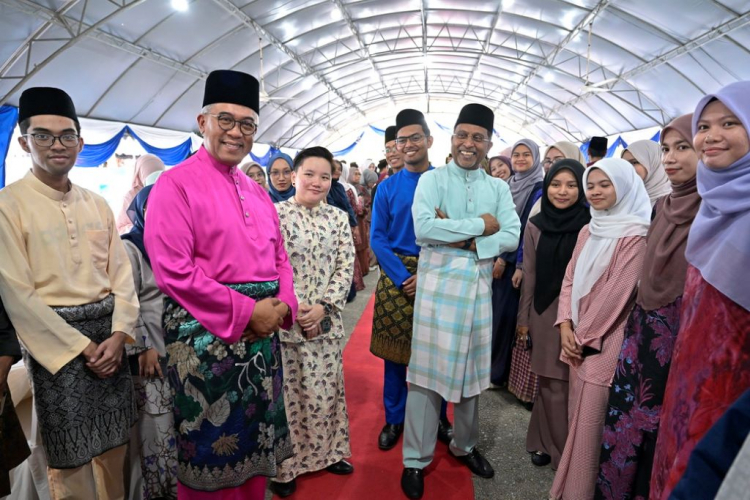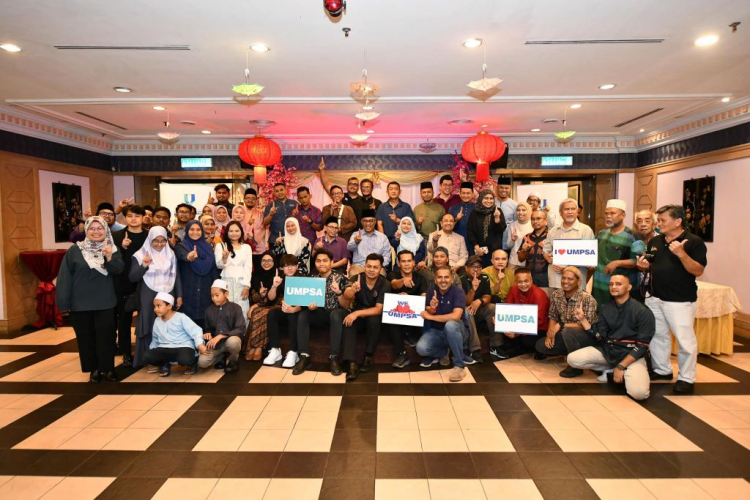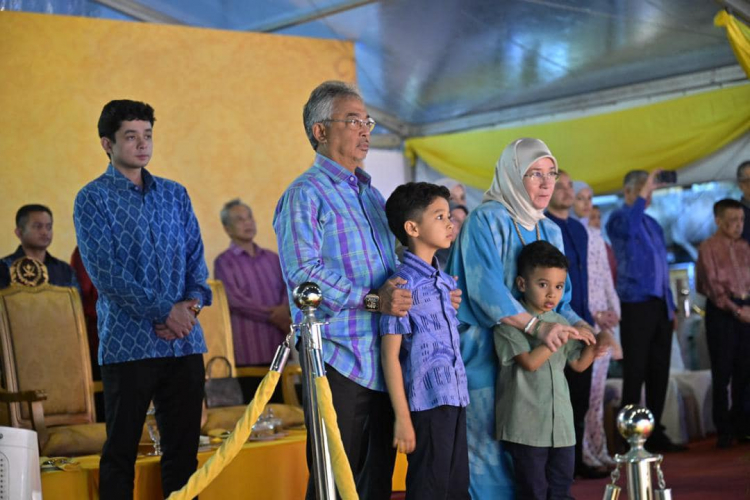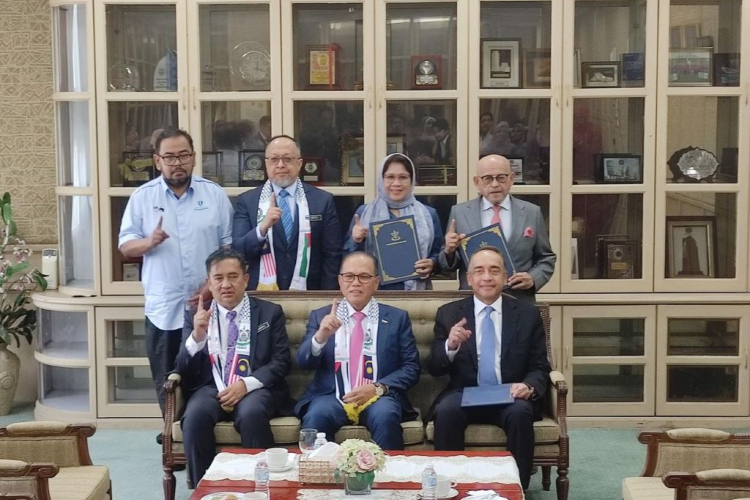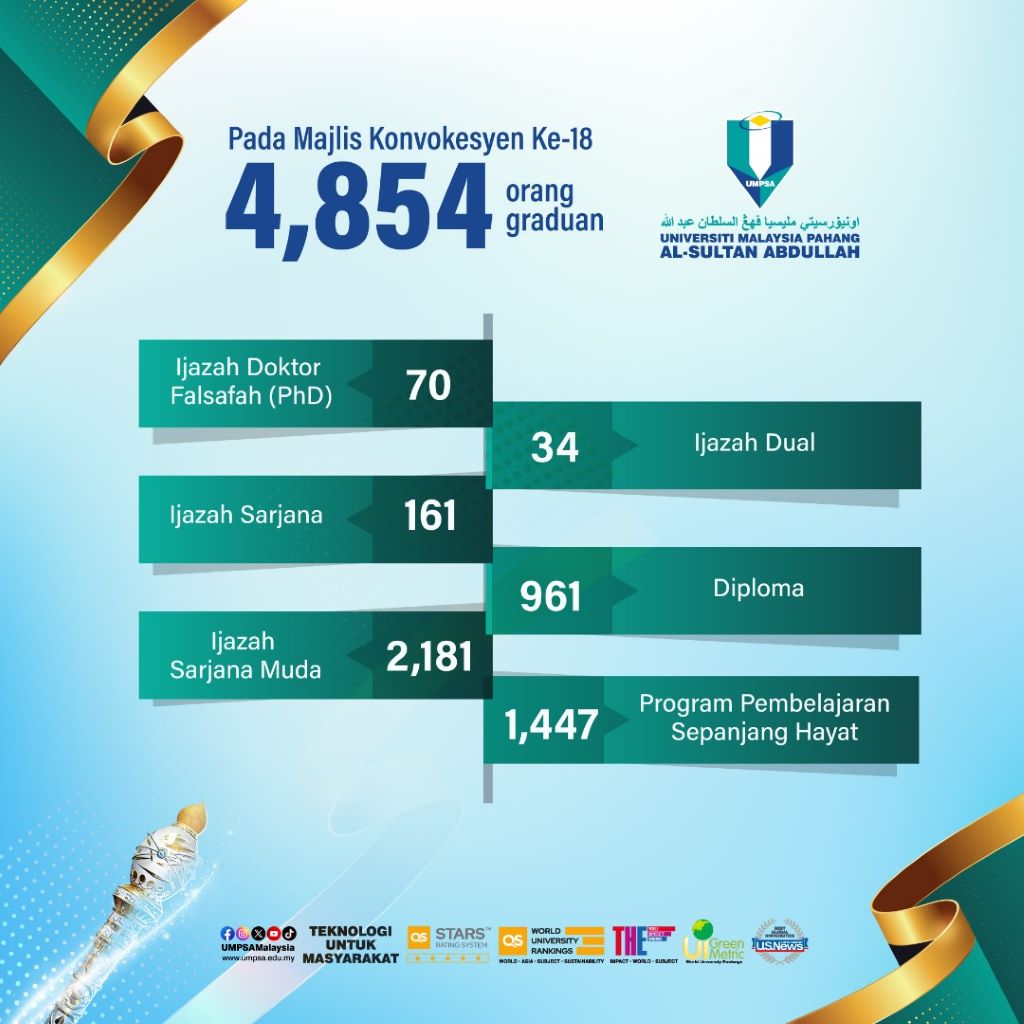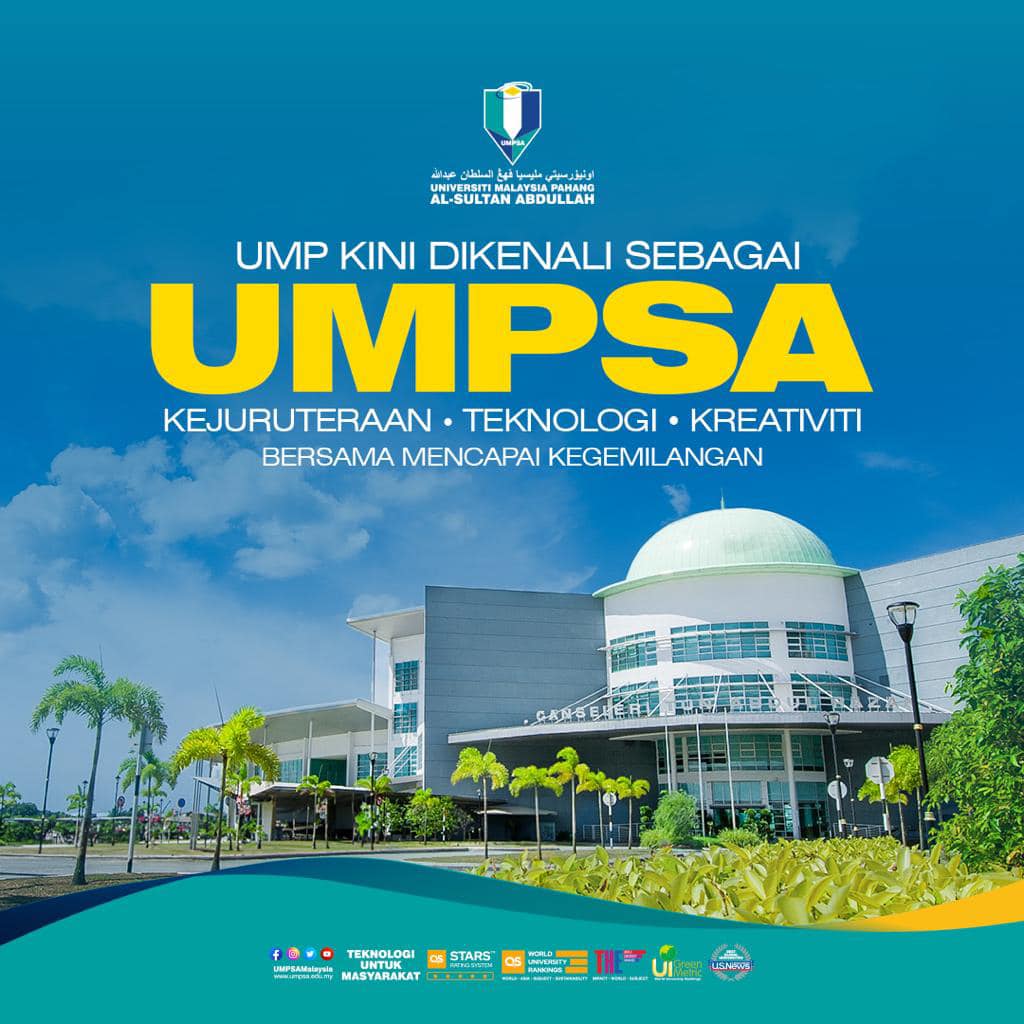Revolutionising Higher Education: The Significance of Micro-Credentials in Malaysia’s Hybrid Learning Environment - A Success Story from UMPSA
The higher education landscape in Malaysia has undergone rapid transformation in recent years, driven by technological advancements and evolving workforce needs. To keep up with global educational trends, the Malaysian government has incorporated the concept of globalised online learning into its national agenda, as outlined in the Malaysia Education Blueprint 2015-2025.
Higher Education Minister Datuk Seri Khaled Nordin is leading the country in embracing innovative approaches to education, including the integration of micro-credentials into its hybrid learning environment. Universiti Malaysia Pahang Al-Sultan Abdullah (UMPSA) is an institution that exemplifies the benefits of micro-credentials, which aligns with the objectives of the Malaysia Education Blueprint.
The involvement of the Malaysia Qualifications Agency (MQA) is crucial for the successful implementation of micro-credentials in Malaysia. As the regulatory body responsible for ensuring the quality and recognition of qualifications in Malaysia, MQA plays a crucial role in accrediting and validating micro-credentials. MQA has developed a framework that aligns these credentials with industry standards, ensuring their credibility and relevance in the job market. The support and involvement of MQA reinforce the value and legitimacy of micro-credentials, making them a valuable addition to Malaysia’s higher education system.
Micro-credentials are digital badges or nano-degrees that offer learners the opportunity to acquire specific skills and knowledge in a particular field. Micro-credentials set themselves apart from traditional degrees by embedding the principles of “high art, high tech, and high touch” within their content.
UMPSA is a success story in implementing micro-credentialing programmes across various disciplines, which has witnessed remarkable outcomes. Graduates who have earned micro-credentials from UMPSA have not only gained specialised skills but have also developed a holistic perspective by integrating creativity, technology, and personal interaction.
Firstly, micro-credentials allow for the integration of “high art” within their curriculum. By incorporating creative and artistic elements into the learning process, micro-credentials encourage learners to think critically, problem-solve, and express their ideas through various mediums. For example, in micro-credentials related to graphic design or multimedia production, students are not only taught technical skills but also encouraged to explore their creativity and develop a unique artistic style. This infusion of “high art” fosters innovation and empowers learners to become well-rounded professionals.
Secondly, micro-credentials emphasise “high tech” by providing learners with cutting-edge knowledge and skills in emerging technologies. In today’s digital age, staying updated with the latest technological advancements is crucial for career success. Micro-credentials enable learners to specialise in areas such as artificial intelligence, data analytics, cybersecurity, and digital marketing, among others. By incorporating advanced technological concepts and hands-on practical training, micro-credentials equip students with the expertise necessary to thrive in a technology-driven world.
Lastly, micro-credentials embrace the importance of “high touch” within their educational content. Despite the rise of online and hybrid learning, human connection and personalised support remain crucial for effective education. Micro-credentials at UMPSA incorporate interactive components, such as virtual collaborations, mentorship programmes, and project-based learning, to foster engagement and provide learners with individualised attention. This “high touch” approach ensures that students receive guidance and support throughout their learning journey, enhancing their overall educational experience.
The success story of UMPSA exemplifies the transformative impact of micro-credentials in embedding “high art, high tech, and high touch” within the learning process. By implementing micro-credentialing programmes across various disciplines, UMPSA has witnessed remarkable outcomes. Graduates who have earned micro-credentials from UMPSA have not only gained specialised skills but have also developed a holistic perspective by integrating creativity, technology, and personal interaction. This well-rounded education has allowed UMPSA graduates to excel in their careers and stand out in the job market.
Furthermore, the integration of “high art, high tech, and high touch” within micro-credentials has nurtured a culture of innovation and collaboration at UMPSA. The institution has fostered partnerships with industry leaders, allowing for the co-creation of courses and the inclusion of real-world experiences in the curriculum. By engaging with industry partners, UMPSA ensures that micro-credentials align with industry needs and prepares students to meet the demands of the job market.
The introduction of micro-credentials in Malaysia’s higher education system, with the support of Higher Education Minister Datuk Seri Khaled Nordin, MQA, and visionary institutions like UMPSA, marks a significant step forward in preparing students for the challenges of the future. By embracing micro-credentials, Malaysia’s hybrid learning environment, in line with the Malaysian National agenda on Malaysia Education Blueprint 2015-2025, creates a pathway towards holistic, innovative, and industry-responsive higher education. The involvement of MQA ensures the quality and recognition of these credentials, further enhancing their value in the eyes of employers and the wider education community. With micro-credentials, Malaysia is revolutionising education and equipping learners with the necessary skills and competencies to thrive in a dynamic and ever-changing world.

The writer is a Director of the Centre for Instructional Resources & e-Learning, Universiti Malaysia Pahang Al-Sultan Abdullah (UMPSA).
Email: awanis@umpsa.edu.my


